3 Types of Feedback Leaders Must Give to Develop Their Teams
Most managers think they give enough feedback , but their team members’ opinions and data on feedback frequency make it clear that this is not true. According to Gallup , just 20% of people strongly agree they have had a conversation with their manager in the last 6 months about the steps they can take to reach their goals, and just 20% have reviewed their greatest successes with their manager in the last 6 months. HR software provider Cognology found that managers at many of its clients were only giving synthesized feedback 3 times per year . Not surprisingly, 65% of people say they want more feedback , with 41-60% of people (depending on the survey) saying they want feedback as frequently as daily or weekly.
Does it matter that managers think they give enough feedback when they don’t?
Oh, yes. Highly engaged team members are almost 2.5 times more likely to get weekly feedback than their disengaged peers. Furthermore, people who don’t receive recognition for their work weekly are 2 times more likely to say they would leave their company than those who do.
If giving sufficient feedback is so important, why do most managers think they’re giving enough when the opposite is true?
We have often treated feedback as a monolith — a single, uniform action — when in reality, feedback can take many forms. When employees say they want more feedback, they are talking about specific kinds of feedback. We know this because only 23% of professionals believe the feedback they receive is "meaningful," and just 26% believe the feedback they receive helps them do "better work." Further, 74% of millennials say they " feel in the dark " about their performance. Employees are looking for feedback that helps them build their career, improve their skills, and gives them a sense of how they are doing.
Managers, on the other hand, reflect on all the changes they’ve made to or suggested for their team members’ work and think they’ve done their job. There are multiple types of feedback, and employees are looking for types of feedback that managers aren’t giving.
Types of feedback productive managers give
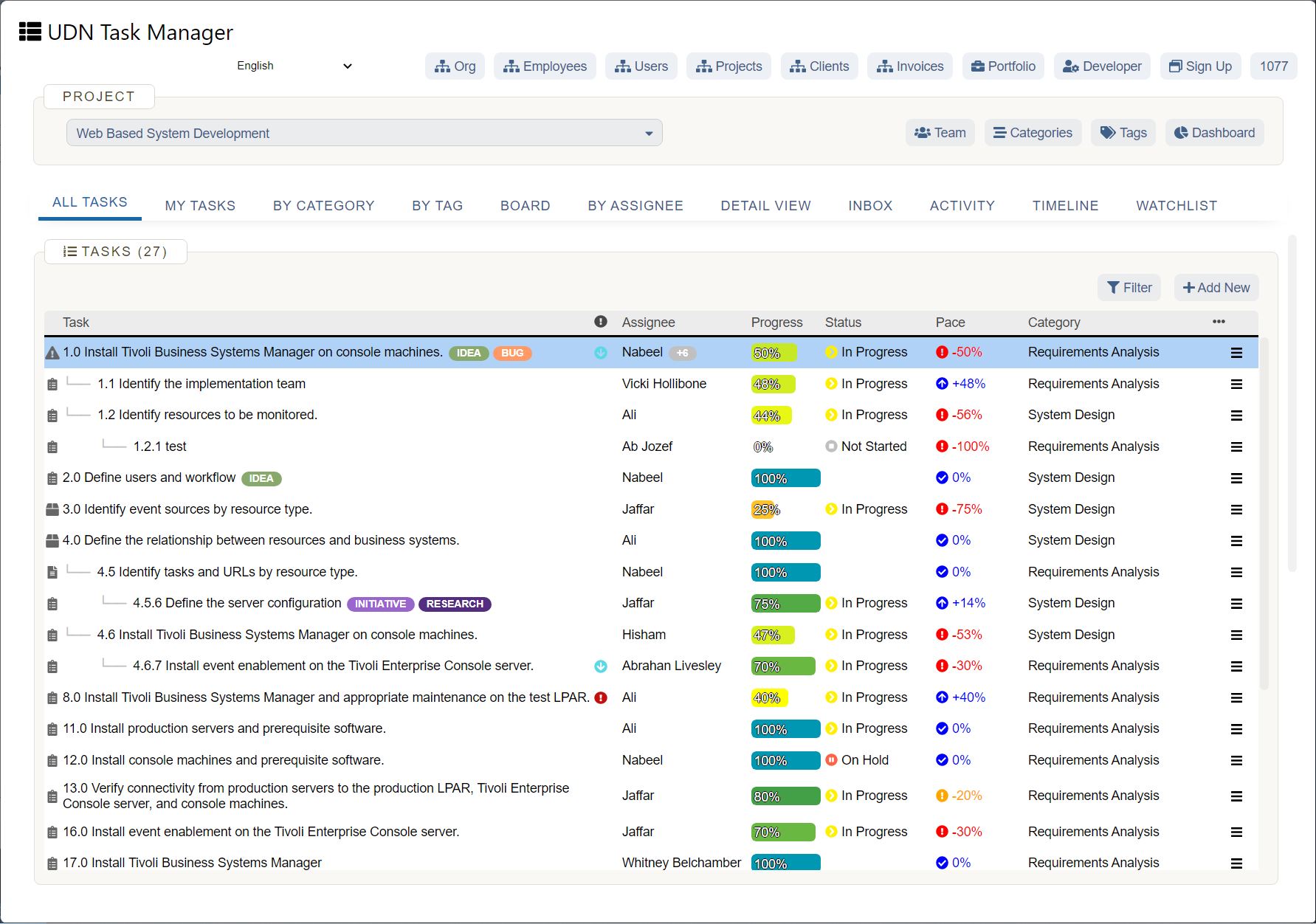
There are 3 goals of sharing feedback: improve work products, develop people, and let team members know how they’re doing. Managers can achieve these goals by delivering three different types of feedback, one for each objective:
One of the main reasons so many people don’t feel the feedback they receive is meaningful or helpful is that most feedback is task feedback: "Luis, remove that paragraph and add another sentence to the end of the previous paragraph."
Task feedback is not satisfying for the recipient because it is focused on getting the work done, not on developing the recipient. Task feedback also leaves the recipient in the dark about whether they’re doing a good job and often obscures the recipient’s priority development areas.
Skill feedback
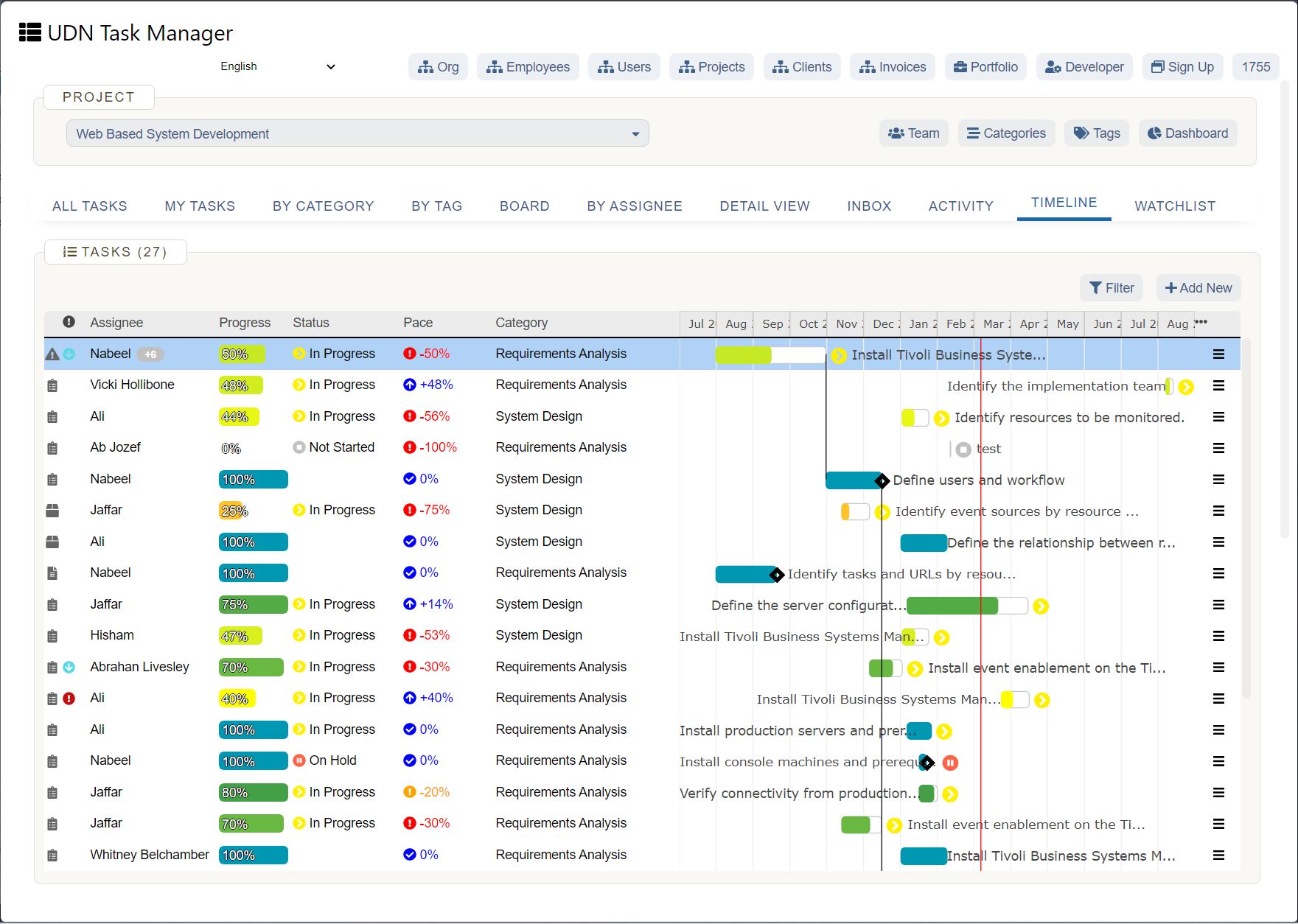
Skill feedback is the antidote to the necessary but insufficient daily dosage of task feedback. It should pertain to job-specific skills and skills that are recognized by research as the characteristics of the most productive individual contributors :
Great skill feedback tells the story of the skill. It requires recognizing trends and patterns in people’s behavior and helping them prioritize among developmental needs. Here’s an example of a brief skill story: "A month ago, you started really working on succinctly and clearly introducing each slide. When you presented on Friday, you did a much better job of this. Here are 2 ways you can continue to grow in this area…"
Whenever you give skill feedback, make it clear to the recipients what their 1-3 most important development areas are. If you don’t, there’s a good chance they’ll get overwhelmed by the feedback over time and put more emphasis on the skills you’ve talked to them about most recently.
Performance feedback
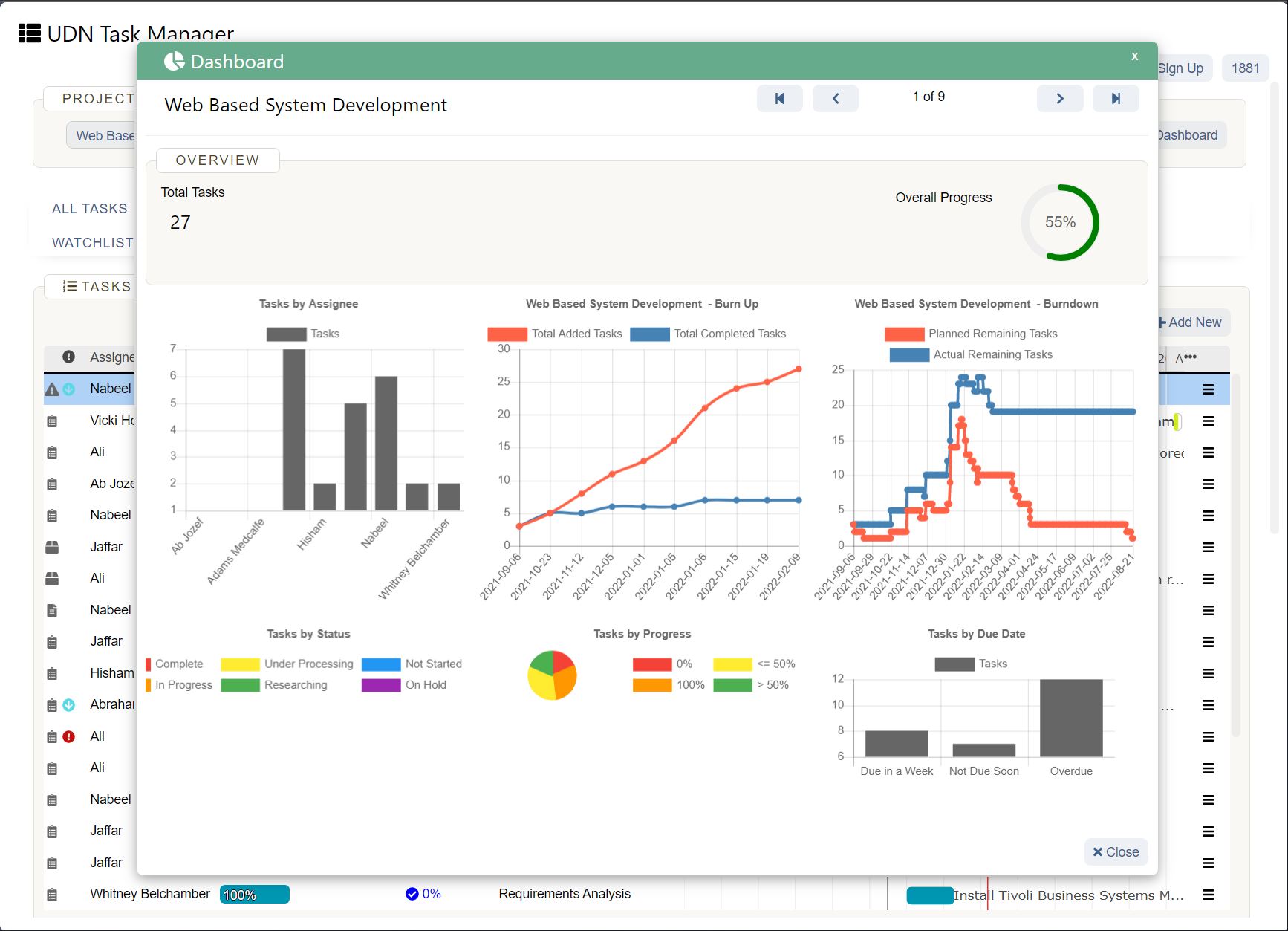
While people need task and skill feedback in order to improve their work and build new strengths, they also just want to know how they’re doing. Lack of regular performance feedback undermines year-end and mid-year reviews, causing reviews to surprise recipients. Review surprises are so disruptive that nearly half of millennials start looking for another job after receiving their review .
When sharing performance feedback, compare people’s performance to a standard set of expectations you or your company have for people at their role and tenure-level. For example, "You’re doing well in this new role. You’re doing exactly what someone of your tenure should be capable of doing. And I think you could probably take your performance to another level." After sharing performance feedback, pause briefly for questions and then explain the reasoning behind your feedback.
The 4 most common mistakes people make when giving performance feedback are:
Be sure to share performance-level feedback in these scenarios:
When managers don’t give performance feedback, people assume how they are doing based on the other types of feedback they are getting. If they are getting tons of task-specific feedback, they may assume they’re doing a poor job and lose confidence, even if they’re doing well. On the other hand, those receiving limited feedback may think they’re doing fine when the real reason for the lack of feedback is their managers don’t like giving constructive feedback.
Task feedback
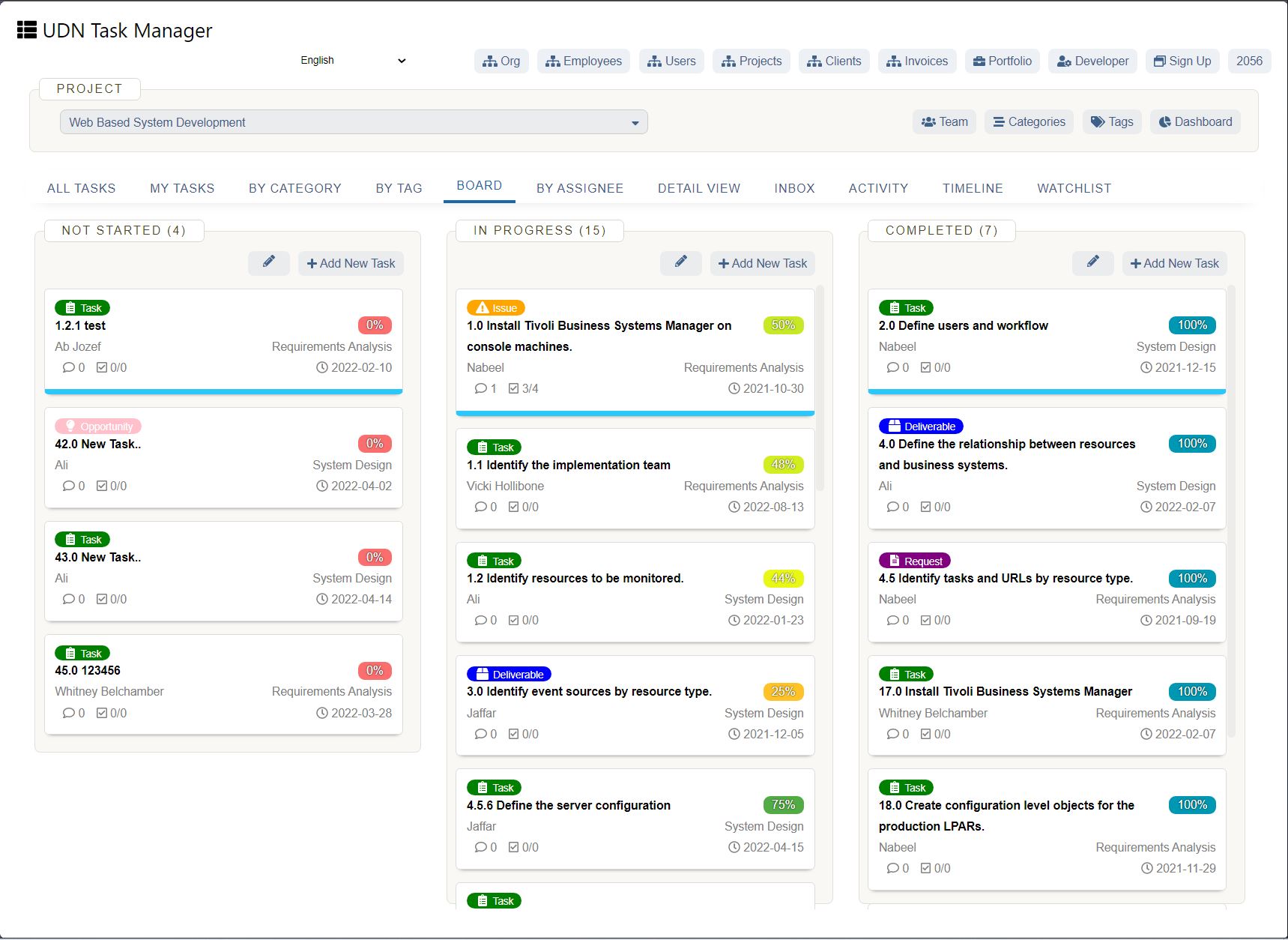
Task feedback tells people how to improve their work (i.e., what changes to make). Most managers give this type of feedback all the time because without it, they won’t get the work outputs they need. Task feedback is essential, but it can be overwhelming. Research studies have found that it is possible to overload employees with feedback , causing them to get frustrated, hesitate more as they overthink their work, focus more on recent feedback even if it’s not the most important, and lose their ability to assess their own performance.
By altering the directness of your task feedback, you can reduce the risk of overwhelming your team. There is a spectrum of ways to give task feedback that ranges in directiveness, starting here with the most directive feedback:
You will want to be more directive when team members are new to the job and/or struggling, you’re on a tight timeline, or the work is very high stakes. Try to avoid making these common mistakes when giving task feedback:
How frequently should you give feedback
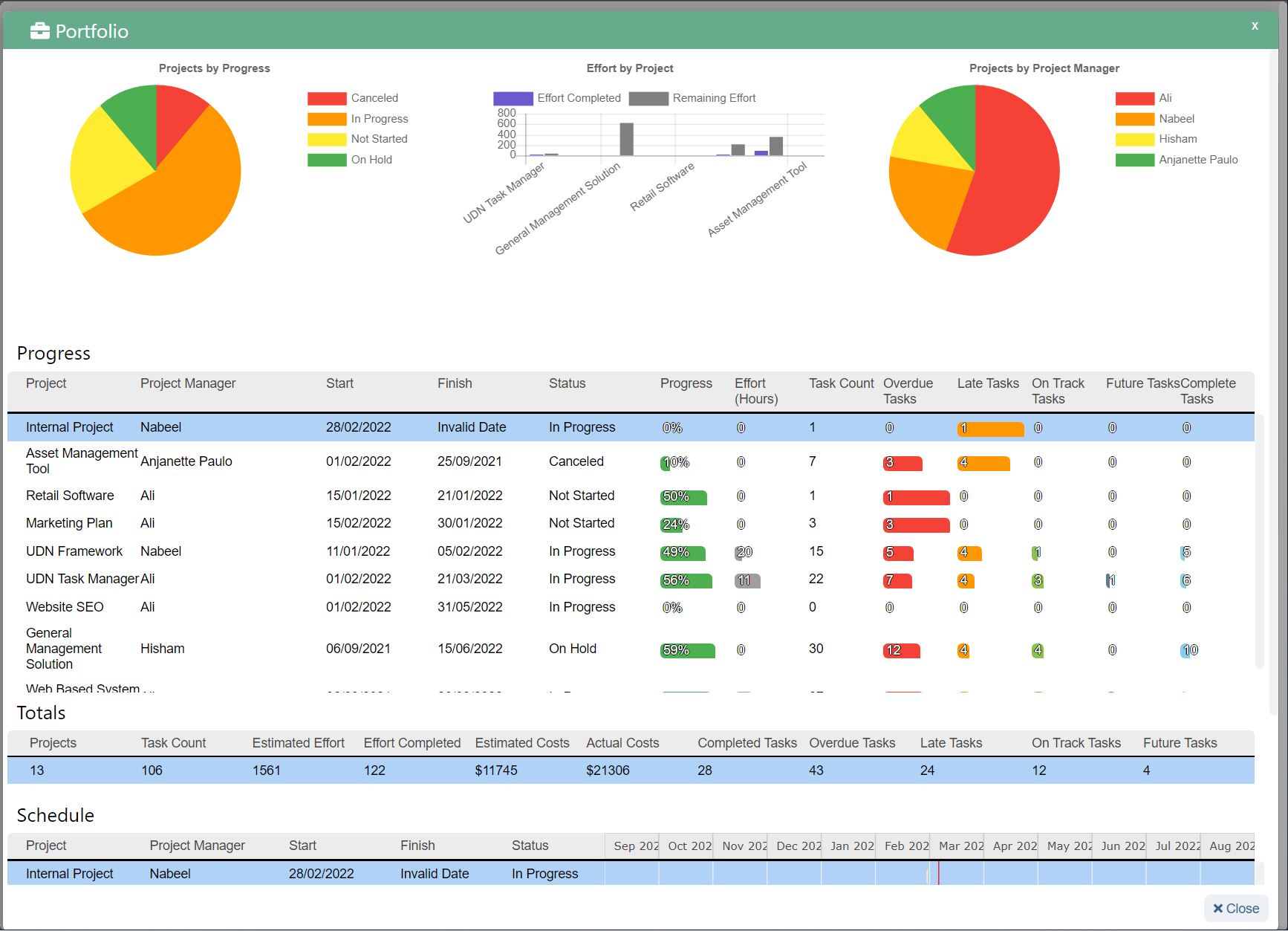
All team members benefit from a regular task, skill, and performance feedback, though the appropriate frequency varies by type:
Task feedback: Give as often as needed to get the work done, sometimes limiting the amount of feedback if it seems like it could overwhelm the recipient.
Skill feedback: Share at least monthly in dedicated conversations — and if more frequently, be sure to remind recipients of their top 3 development areas.
Performance feedback: Share weekly informally ("You've done a great job this week.") and at least monthly in a formal way ("You're exceeding expectations.").
You won’t always feel like having the difficult conversations or doing the prep work to provide meaningful and helpful feedback. In those times, remember that even Bill Gates said, “We all need people who will give us feedback. That’s how we improve.” And remember that feedback is the difference between engaged, hard-working teams and apathetic employees on their way out of your company. Give your teams a balanced diet of task, skill, and performance feedback, and you’ll begin to see the growth you’ve been expecting.
____________________________________________________________________________________________
Matt Plummer is the founder and CEO of Zarvana , an online platform that helps professionals experience and operate at their full potential by identifying research-backed behaviors to incorporate into their lives and then helping them habify them. Matt writes articles on research-based, sustainable ways to boost professionals’ performance on Zarvana , Harvard Business Review , and Inc .











